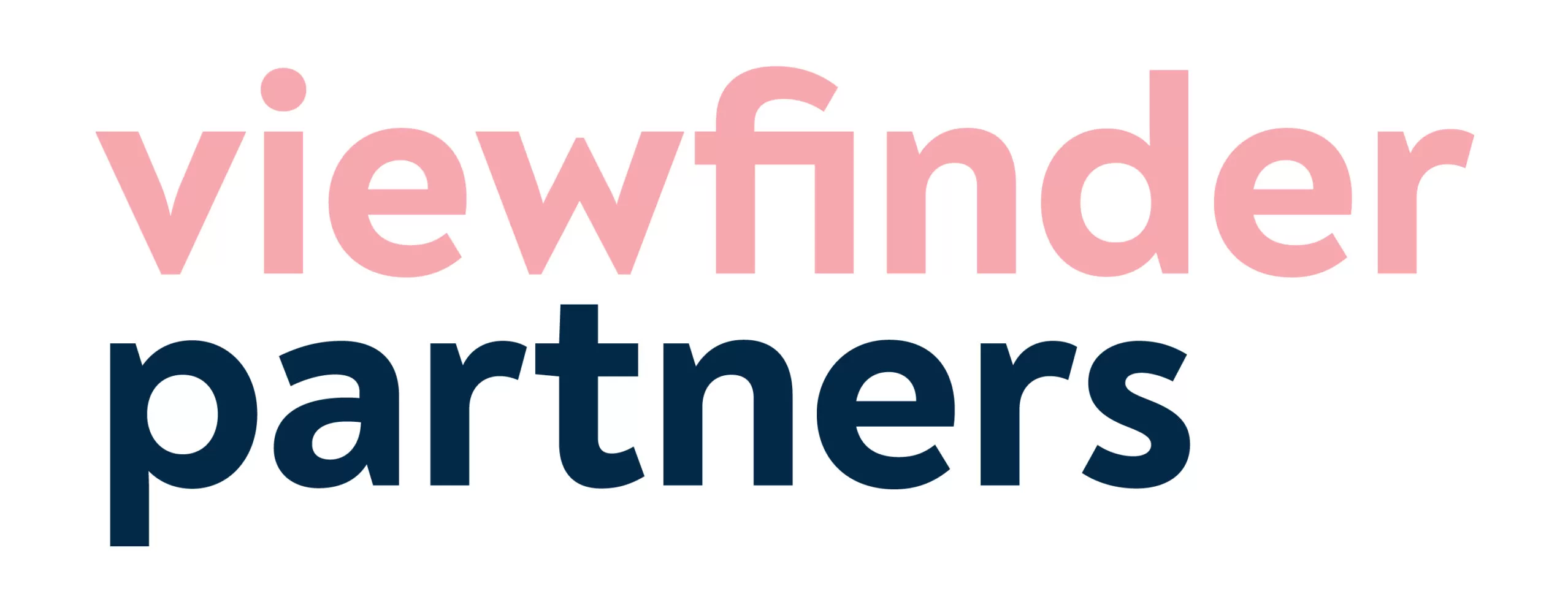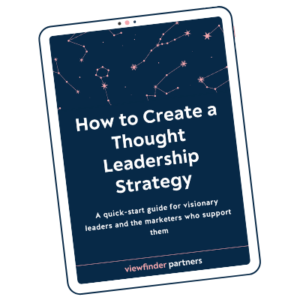Lately, I’ve been reflecting about the long past year. And I wonder: how we can really, authentically reflect in a world that’s loud, distracting, and wants us to participate in the public arena 24/7?
I’ve talked before about the importance of idea labs — public platforms to share and develop your ideas.
But where do you go first? When you want to work through a new seed of an idea, who do you brainstorm with? Who do you call to help you mull things over? Where do you learn new, uncomfortable things?
We need private spaces to air our ideas, think out loud, gather feedback, and play.
Lately, I’ve been buoyed by my own private communities where I can explore new ideas without having a final answer. I can have real conversations that aren’t public or performative. I don’t have to be polished. I don’t have to be right.
And I’m realizing just how important those spaces are.
Do you have a private, safe space to work through your ideas?
I don’t think a lot of people do. We’re so busy DOING and ACCOMPLISHING and moving forward that we don’t make time to stop, reflect, and spitball. We expect the “experts” and “thought leaders” on our teams to just have perfectly developed ideas at the ready.
And we don’t examine our bad or mediocre ideas because we don’t have time or we don’t want to embarrass ourselves.
Social media has also conditioned our reflex to think in public and share performatively. Even our most “authentic” or “raw” social media posts are still very much intended to land in a certain way with an audience. They’re not really places to slowly reflect.
Anything you post on Twitter or LinkedIn or Facebook is up for public digestion and debate. To someone, you’re always wrong. Or you didn’t phrase it quite right. Or you should really consider this other point.
And while that push for new perspectives and polishing our ideas is helpful, I don’t think it happens successfully in those starkly public channels.
That’s my beef with “business social media” lately — it feels like performance, not a place for connection or authentically developing anything. Conversations on social media don’t feel like a natural conversation with a friend. They feel like trading press releases.
That’s one reason I think private masterminds, paid communities, small Slack groups, and Voxer friendships have exploded in the past few years.
So let’s lean into private spaces.
Instead of preening on social media, I see a real opportunity to look inward and find private communities for more authentic connection and reflection. Private spaces give us room to mull things over, brainstorm, wonder, guess, ask each other questions, and build ideas.
And we need to have these conversations with people we’re not trying to sell to — to people we’re not trying to convince or win over. We need peers and friendly colleagues who will engage in the messy and imperfect process of brewing ideas with us.
Private spaces to think out loud.
Private spaces to connect authentically.
Private spaces to build new concepts slowly.
The next time someone asks me advice about which “platform” they should be on, I think I’ll ask them a new question first: What are the private spaces where you’re working through your ideas — before they make it to the public platform?
Where are you learning your lines and writing your script?







